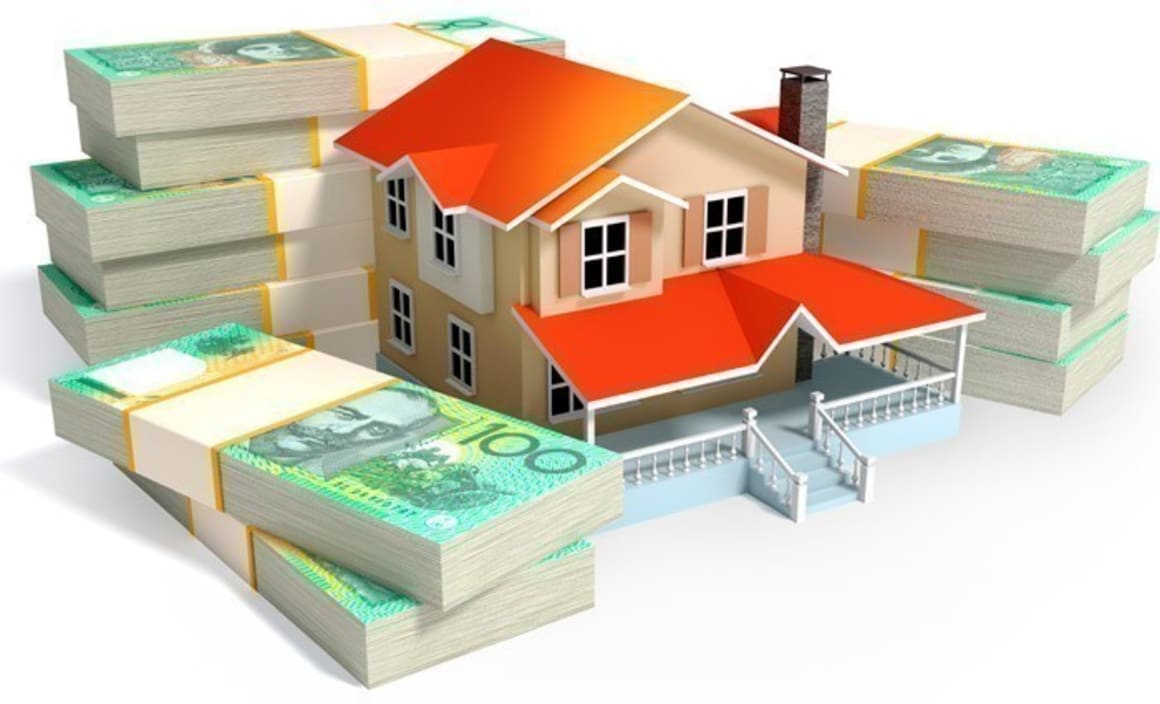Next budget suggestion could see an end to stamp duty

The next budget could see an end to stamp duty with a land tax replacing it, potentially saving home buyers up to $40,000 in Sydney and $55,000 in Melbourne.
The costing will put land tax back up for debate when Parliament returns next week as the government looks at he Parliamentary Budget Office proposal, according to a report in the Sydney Morning Herald.
Housing affordability has been a focal point of both the federal and state governments, with Treasurer Scott Morrison talking of a housing affordability package in the May budget.
Both the NSW and Victorian governments are backing a reform of the stamp duty and Morrison has indicated his support for a transition to taxing land.
"When you talk about tax reform, this is far and away the biggest prize on offer," John Daley, the chief executive of independent think tank the Grattan Institute, was cited as saying by Fairfax Media.
Home buyers currently pay tens of thousands of dollars in stamp duty, which along with the deposit has made property almost unaffordable in Sydney and Melbourne.
Removing stamp duty and implementing an annual land tax on all newly purchased homes would help level the playing field and generate billions of dollars in annual returns to the NSW and Victorian budgets, while also relieving federal government spending over a 15-year-period, according to the proposal.
Under the policy submitted by the Greens and backed by the Grattan Institute and the Council of the Ageing, home buyers would no longer stump up to $40,000 in stamp duty when purchasing a property worth $1 million in Sydney.
In Melbourne, a home buyer would save $55,000 stamp duty on a property of the same value.
Research from the Grattan Institute shows an annual tax of $1 per every $1000 of a home's value would cost the median Sydney household $845 a year in tax and the median Melbourne home $623 a year.
To offset the cost of losing lucrative stamp duty payments, the Commonwealth would have to loan money to the states. The loans would peak in 2020 when the hit to the budget bottom line would grow to $800 million. Rising land tax revenues would enable the states to pay back the loan by 2030.
The Parliamentary Budget Office estimates that in the next four years alone the tax would generate $2.3 billion in revenue for the states, but warned the overall costings were of low reliability due to the variations in number of properties sold across Australia each year.
Greens Leader Richard Di Natale said the prospect of property ownership had turned into a nightmare for many young people.
The median house price in Sydney is well over $1 million.
"Together with Capital Gains and negative gearing reforms, swapping stamp duty for a broad-based land tax would fix the broken system and make it easier for young people to live the Australian dream," said John Daley, The Grattan Institute.
In December, Morrison pushed the states to transition to a land tax at the state and federal treasurers meeting.
Recently, the Victorian government removed stamp duty for first home buyers for properties below $600,000.
In NSW, there are concessions on stamp duty for new properties under $650,000.